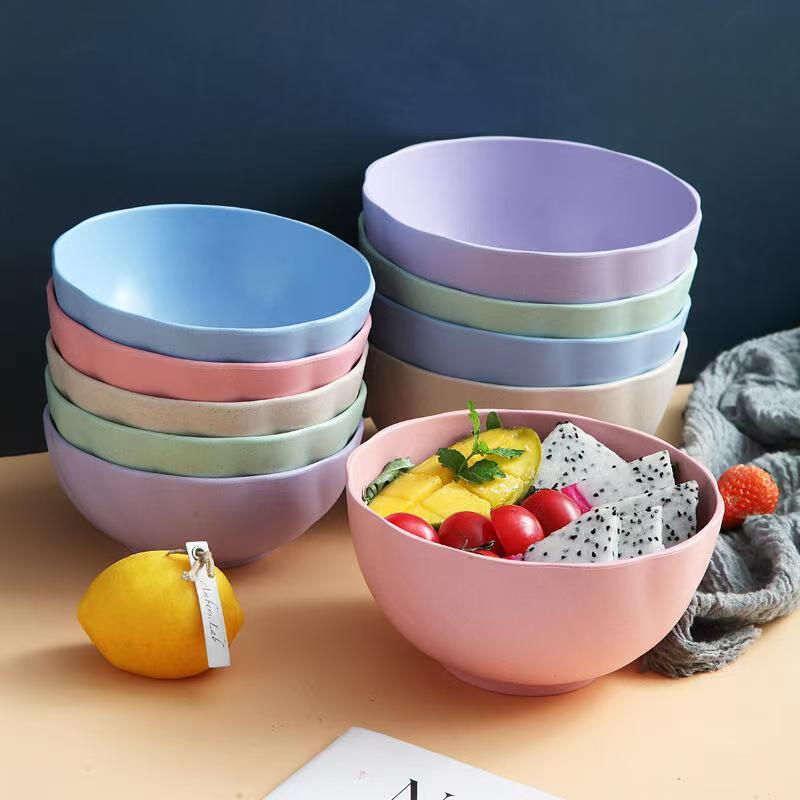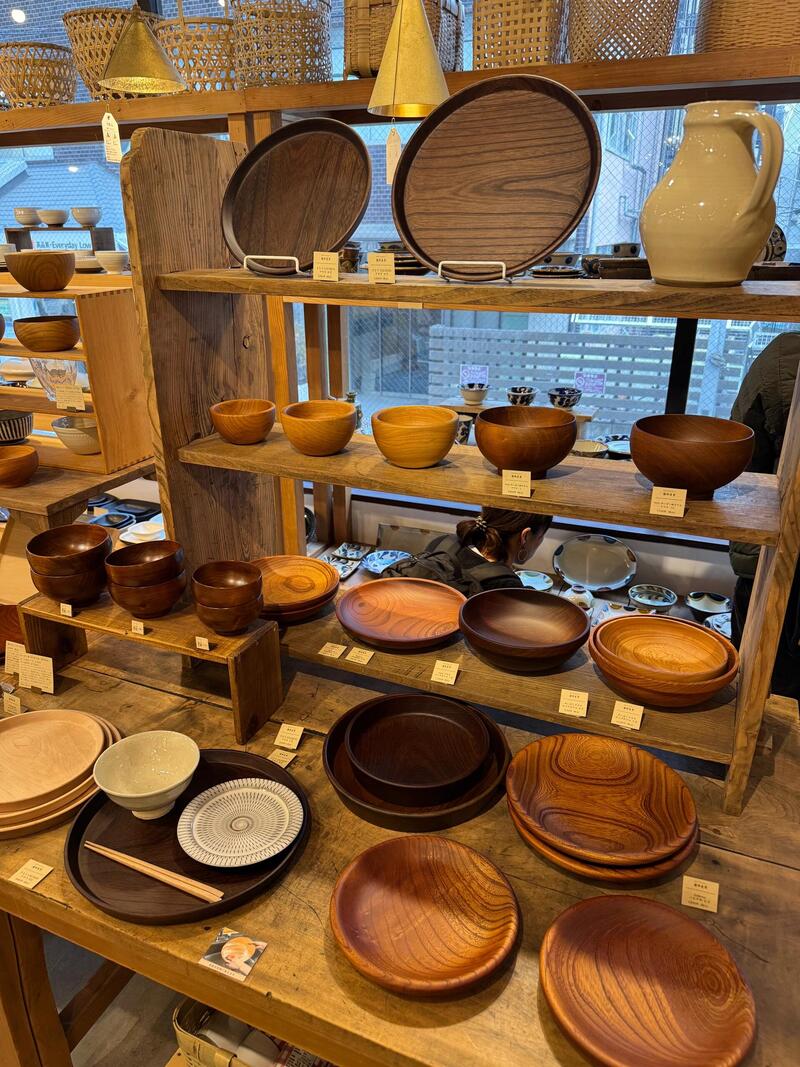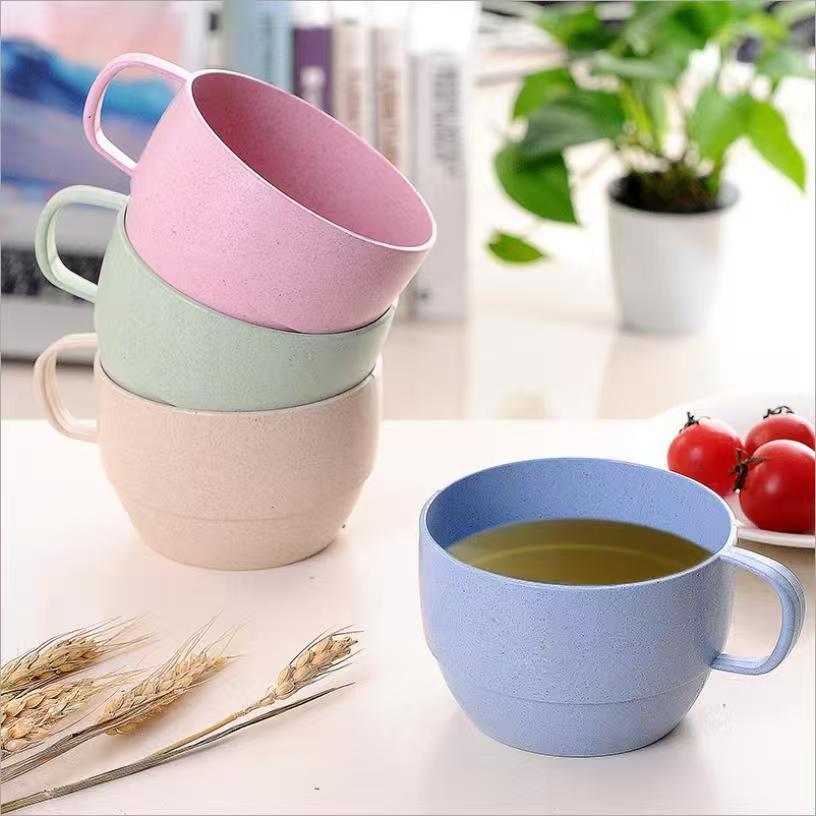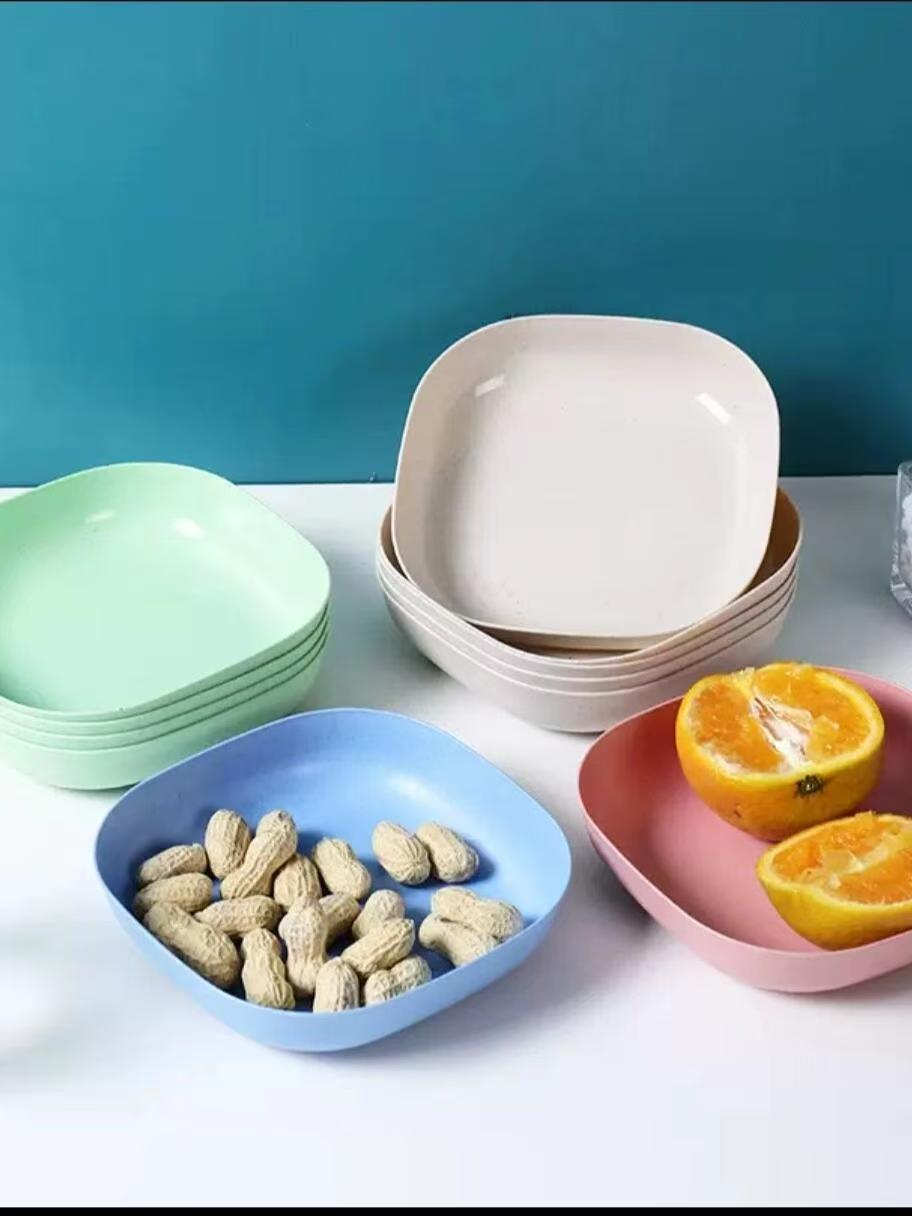In an era where people are paying increasing attention to healthy eating, the hygienic performance of tableware has become a focal point of concern. Recently, with the application of a series of innovative technologies, wheat-based tableware has achieved a major breakthrough in terms of hygiene, offering consumers a safer and healthier dining option.
Traditional tableware, such as wooden and plastic tableware, often faces hygiene challenges during use. Wooden tableware is prone to absorbing water and developing mold, with gaps becoming breeding grounds for bacteria. Poor-quality plastic tableware may release harmful substances when exposed to high temperatures or after long-term use, and dirt easily remains on the surface, which may still harbor bacteria even after cleaning. In contrast, wheat-based tableware has already been favored for its environmental friendliness and biodegradability, and the improvement in its hygienic performance now adds even more appeal.
Germany’s BioPak company has made remarkable achievements in the research and development of wheat straw tableware, and its developed ultra-high pressure molding technology can be regarded as an industry model. This technology uses pressure as high as 600 MPa to compress and shape wheat straw fibers, making the internal structure of the tableware almost seamlessly dense. Tests have shown that wheat-based tableware produced using this technology has a surface smoothness improved by more than 40% compared with traditional processes, and the adhesion rate of food residues is reduced by 60%, greatly reducing the possibility of bacterial growth.
The wheat fiber antibacterial tableware launched by Japan’s Toray Industries showcases innovation in material integration. They evenly mixed wheat straw fiber with independently developed nanoscale antibacterial ceramic particles, and made tableware raw materials through a special melt spinning process. This material not only retains the environmental attributes of wheat-based tableware but also achieves long-term antibacterial effects through the sustained release of antibacterial ceramic particles. Experimental data shows that the inhibition rate of this tableware against Escherichia coli remains above 95% for 12 consecutive months.
In addition, the American company Eco-Products has introduced a new plant-based antibacterial agent in the production of wheat-based tableware. This antibacterial ingredient extracted from natural plants such as rosemary and cinnamon has a significant inhibitory effect on pathogenic bacteria such as Staphylococcus aureus. Tests by third-party institutions show that wheat-based tableware added with this antibacterial agent has an antibacterial effect lasting 30% longer than products added with traditional silver ion antibacterial agents, and it fully meets the safety standards for food contact materials.

Industry experts stated that the improvement in the hygienic performance of wheat-based tableware not only meets consumers’ pursuit of health but also promotes technological innovation in the environmental protection tableware market. With the increase in research and development investment from various countries, wheat-based tableware is expected to make greater breakthroughs in terms of hygiene durability and high-temperature resistance in the future, bringing new vitality to the global tableware market.
Post time: Jul-10-2025













